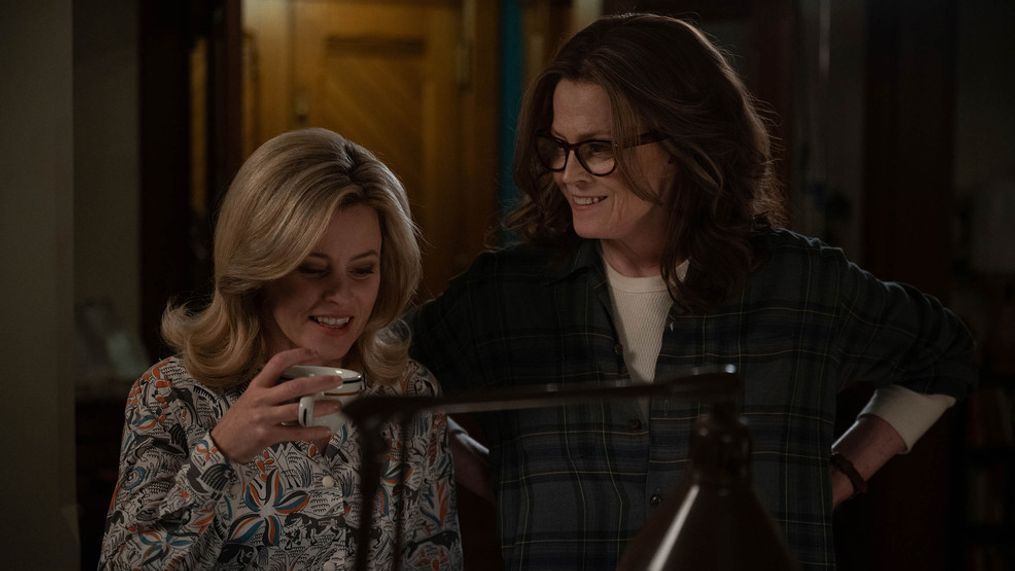Sundance 2022: 1960s abortion drama 'Call Jane' is an accessible history lesson
SALT LAKE CITY (KUTV) — CALL JANE
Premiers
Director: Phyllis Nagy
Screenwriter: Hayley Schore, Roshan Sethi
Starring: Elizabeth Banks, Sigourney Weaver, Chris Messina, Kate Mara, Wunmi Mosaku, Cory Michael Smith
Sundance Synopsis:Chicago, 1968. As a city and the nation are poised on the brink of violent political upheaval, suburban housewife Joy leads an ordinary life with her husband and daughter. When Joy’s pregnancy leads to a life-threatening condition, she must navigate a medical establishment unwilling to help. Her journey to find a solution to an impossible situation leads her to the “Janes,” a clandestine organization of women who provide Joy with a safer alternative — and in the process, change her life.
Review:Women's reproductive rights was one of the themes I talked about with Sundance Film Festival Director Tabitha Jackson as we previewed the festival together. "Call Jane" has the biggest profile as it starsElizabeth Banks andSigourney Weaver and seesPhyllis Nagy(screenwriter of "Carol") directing. "Call Jane" is based on the stories told in "The Janes," a documentary also playing at the festival this year. "Happening," another feature film at the festival, is also set in the 1960s but takes place in France. "Happening" is the best of the three films. It is also the hardest to watch. "The Janes" is the most informative. "Call Jane" is the most accessible.
"Call Jane" sees Banks starring as Joy, a housewife, who will likely die if she tries to carry her pregnancy to term. With the medical community unwilling to make an exception to allow an abortion that will save her life, Joy is forced to consider illegal options. This leads Joy to the "Janes," a group of women led byVirginia (Weaver) dedicated to giving women seeking an abortion safer options and a system of support. Joy initially has no intention of joining the group but recognizing the need and good that she could do for other women, she devotes herself to the risks associated with the cause.
What makes "Call Jane" interesting is Joy's own struggle with abortion. When is it justified? When is it just a woman running from accountability? Should abortions be allowed for all women or only women who meet Joy's specific criteria? Why risk jail time? Joy's views are challenged and expanded by the women she meets.
Nagy has made a film that isn't necessarily pleasant, but it does soften the sharp edges a bit. For as ugly and dangerous things appear in "Call Jane," the reality of the situation was even more dire and risky. For the full story, I highly recommend watching "The Janes" as either part of a double feature or on its own.




